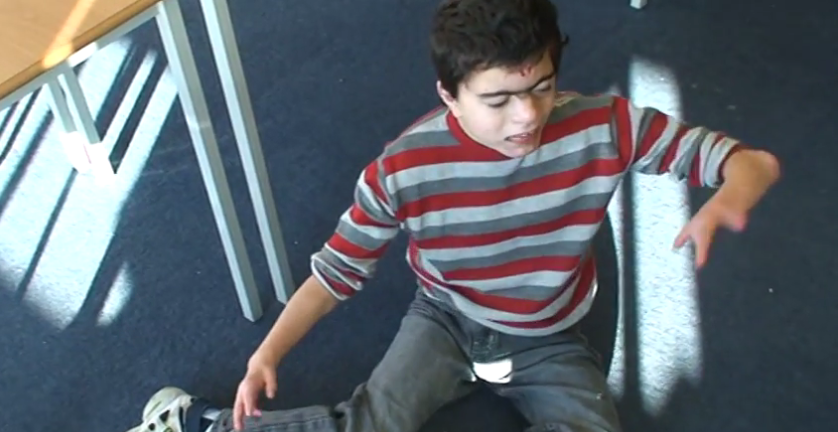Overactivity and Impulsivity
Researchers from the University of Birmingham could find no evidence that overactivity was more common in Cornelia de Lange syndrome than in children and adults with the same degree of intellectual disability. This does not mean that it does not occur, only that it is no more common than in other groups of people with intellectual disability.
Overactivity seen in children and adults with Cornelia de Lange syndrome may be linked to pain and discomfort associated with gastro-intestinal difficulties. In particular, fidgeting and constant movement and wriggling may be signs that the person is experiencing some sort of pain and discomfort. Parents and carers of people with Cornelia de Lange syndrome who seem to be showing signs of pain and discomfort often report that the person ‘can’t sit still’ or is ‘constantly on the move’.
In addition, research has found a link between impulsivity, overactivity and the presence of self-injurious behaviour. To hear Caroline Richards describe these risk markers for self-injurious behaviour in more detail click here.
Original research article: Overactivity in genetic syndromes
Original research article: Links between overactivity and behaviours that challenge




